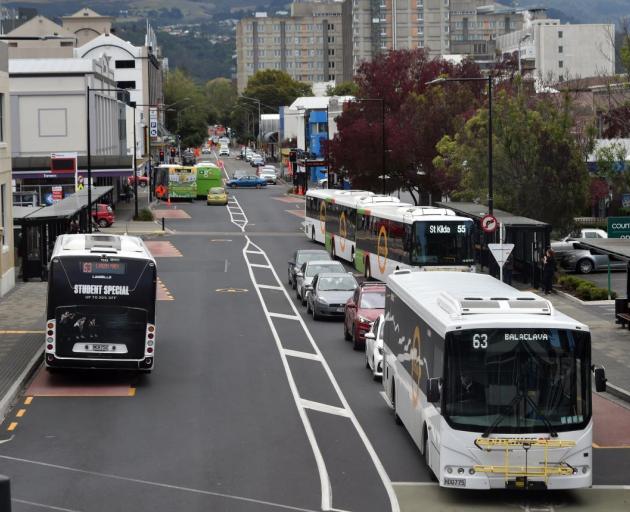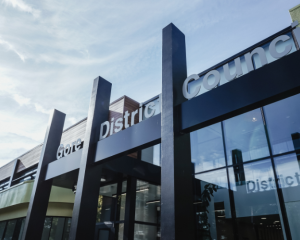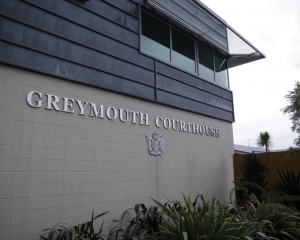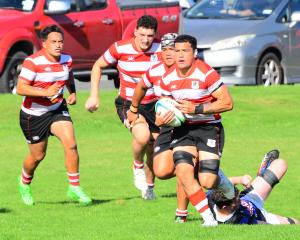
However, police said the busy city centre transport link was safer now than it used to be.
A multi-agency group formed in the aftermath of the fatal stabbing of 16-year-old Enere McLaren-Taana in May last year — chaired by Otago coastal prevention manager Inspector Sam Ramsay — "finalised a delivery roadmap" for change in February.
Insp Ramsay said keys to that roadmap included initiatives to "transform the bus hub environment and operations" and enhance security and patrolling.
The quality of security patrols at the Great King St bus hub was dragged into the spotlight in the wake of the fatal stabbing.
Before being replaced by First Security, the previous firm, Allied Security, reported guards patrolling the bus hub were spat on, kicked and harassed after the incident.
Now, First Security weekly incident reports released by the Otago Regional Council under the Local Government Official Information and Meetings Act show antisocial behaviour persists — including intoxication and smoking and vaping in smoke free zones.
But those types of incidents vastly outnumbered the "aggressive behaviour" observed by patrols.
Among the incidents detailed in the report was a "young lady" on February 27 observed with what was at first thought to be a gun, but was later identified as a BB gun.
The "young lady" reportedly "slipped it under her leg", but it was "clear it was not a phone", the incident report said.
Police were advised and asked the security guards to keep an eye on her while they arranged backup.
The BB gun was discharged "several times in a non-threatening direction, off to one side and towards a small wall", the report said.
Seven police officers attended and took control of the BB gun, resulting in "little impact on the general public".
The reports do not indicate which incidents are categorised as significant, but identified 13 such incidents from November 14 to April 6 (the period covered by the official information provided),
The reports showed 11 times over that period those incidents were reported to police, but police were only called six times this year. December led the way with police assistance required four times.
Police came under the spotlight after the fatal stabbing, in part because the teenager was stabbed about 50m from the Dunedin central police station.
Now, when asked if the bus hub was safer than at the time of the stabbing, Insp Ramsay referenced the multi-agency Central City Safety Advisory group and said "police have been working with our partners to make the bus hub safer".
He said, in February, the group finalised its roadmap that "prioritised and planned" short, medium and long-term actions to improve safety in and around the bus hub area while also considering the wider context of safety in the city.
Four key areas were identified during the workshop which would form the basis of initiatives hoped to have an impact.
"They are: cultivate positive values and culture; transform the bus hub environment and operations; enhance safety, security and patrolling; empower youth through reporting and education."
He said police now had a sergeant and four fulltime constables undertaking foot patrols on early and late shifts.
At times, that number increased as part of probationary training or induction.
"We deploy the teams based on evidence and demand, and they could cover any area of Dunedin."












